Pathology
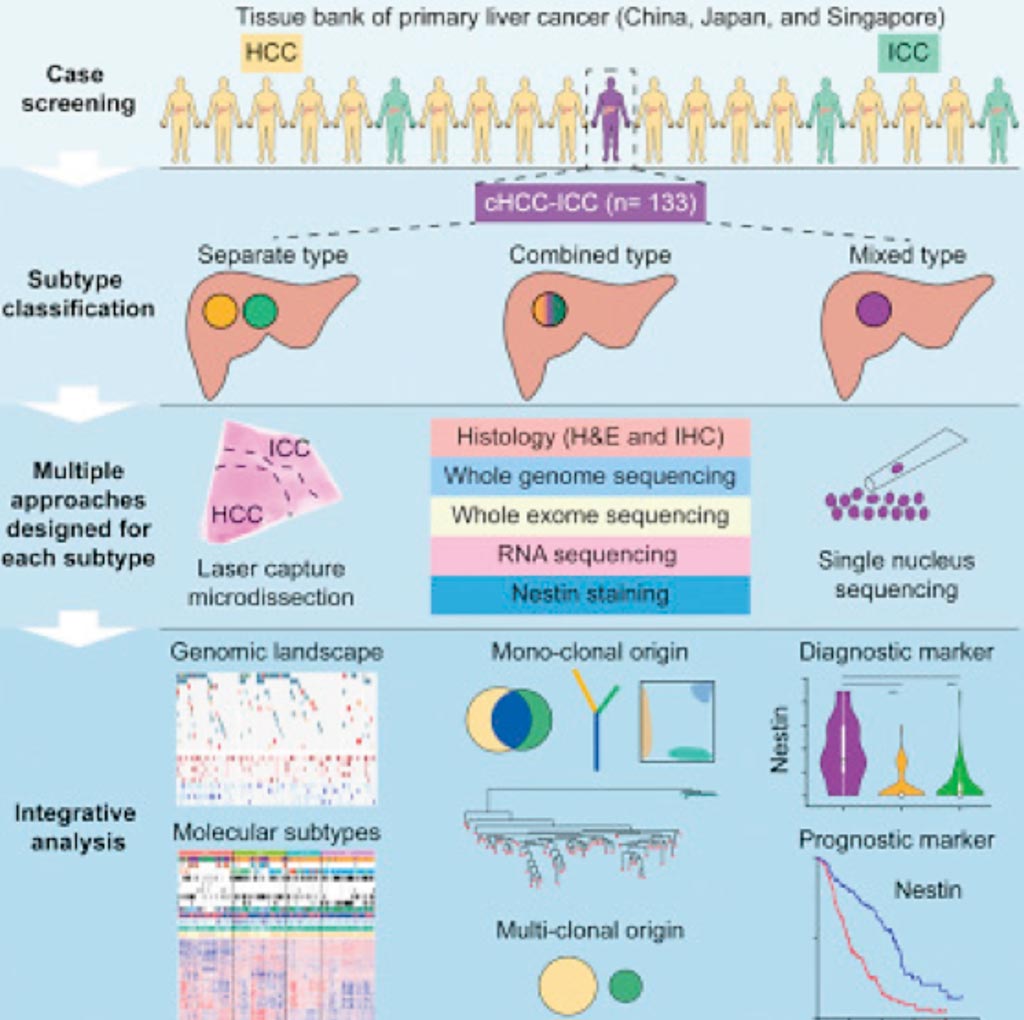
Genomic Analysis Uncovers Differences in Liver Cancer Subtypes
Intrahepatic cholangiocarcinoma (ICC) is the second most common malignancy arising from the liver. ICC makes up about 10% of all cholangiocarcinomas. It arises from the peripheral bile ducts within the liver parenchyma, proximal to the secondary biliary radicals. More...05 Jun 2019
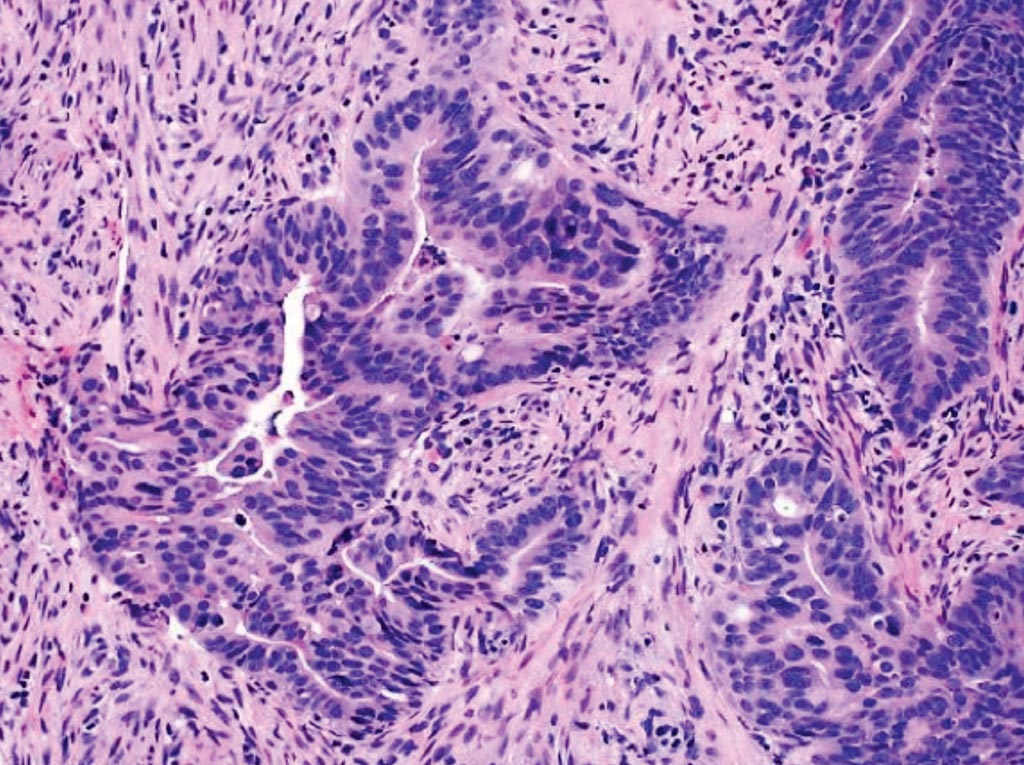
CtDNA Forecasts Non-Metastatic Colorectal Cancer Recurrence
Colorectal cancer (CRC), also known as bowel cancer and colon cancer, is the development of cancer from the colon or rectum (parts of the large intestine). Most colorectal cancers are due to old age and lifestyle factors, with only a small number of cases due to underlying genetic disorders. More...29 May 2019
Liquid Biopsy Identifies Mutations Predicting Ovarian Cancer Treatment Response
Effective treatment of metastatic solid cancers is hampered by intrapatient heterogeneity, tumor evolution, and the paucity of representative tissue samples to guide treatment decisions. Analysis of circulating tumor DNA (ctDNA) is an approach with the potential of overcoming all three obstacles. More...29 May 2019
Technology Developed to Capture Tumor Cells
The roles and clinical values circulating tumor cells (CTCs) are under intensive investigation, yet most studies are limited by technical challenges in the comprehensive enrichment of intact and viable CTCs with minimal white blood cell (WBC) contamination. More...28 May 2019
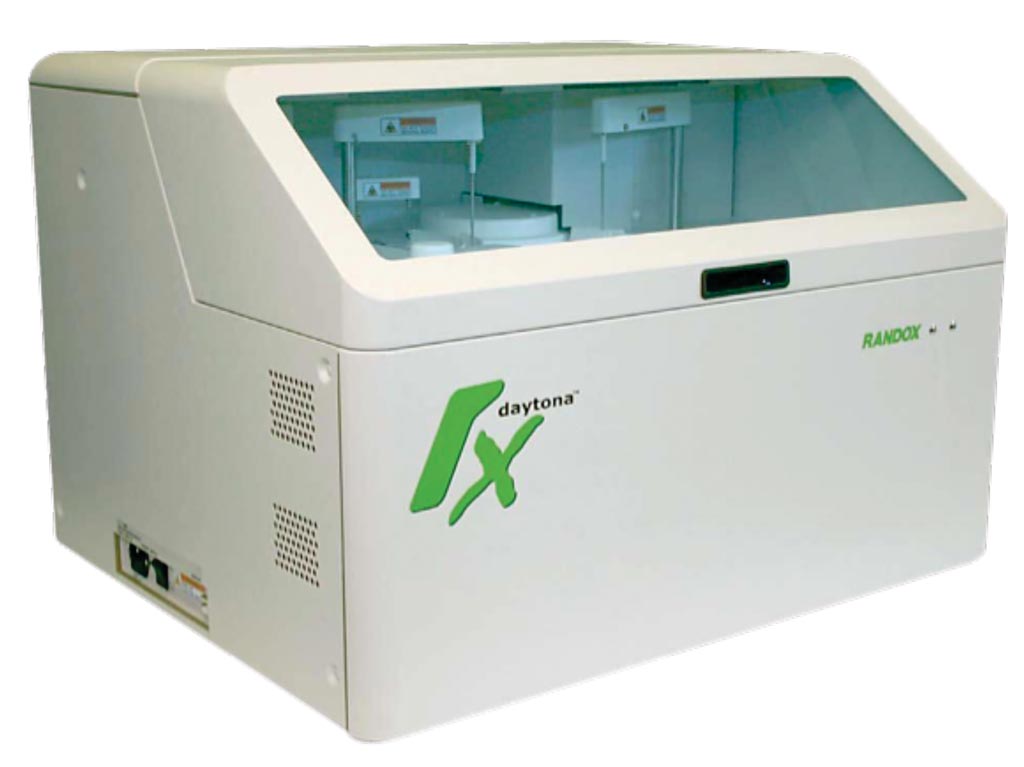
Urinary Biomarkers Diagnose Serious Kidney Allergic Reaction
Acute interstitial nephritis is a condition marked by inflammation and swelling of the renal tubules, the tiny portals in the kidneys where blood is filtered. As a result, the tubules cannot properly reabsorb water and useful organic substances, such as glucose and amino acids, or secrete waste products such as urea and creatinine into urine. More...27 May 2019
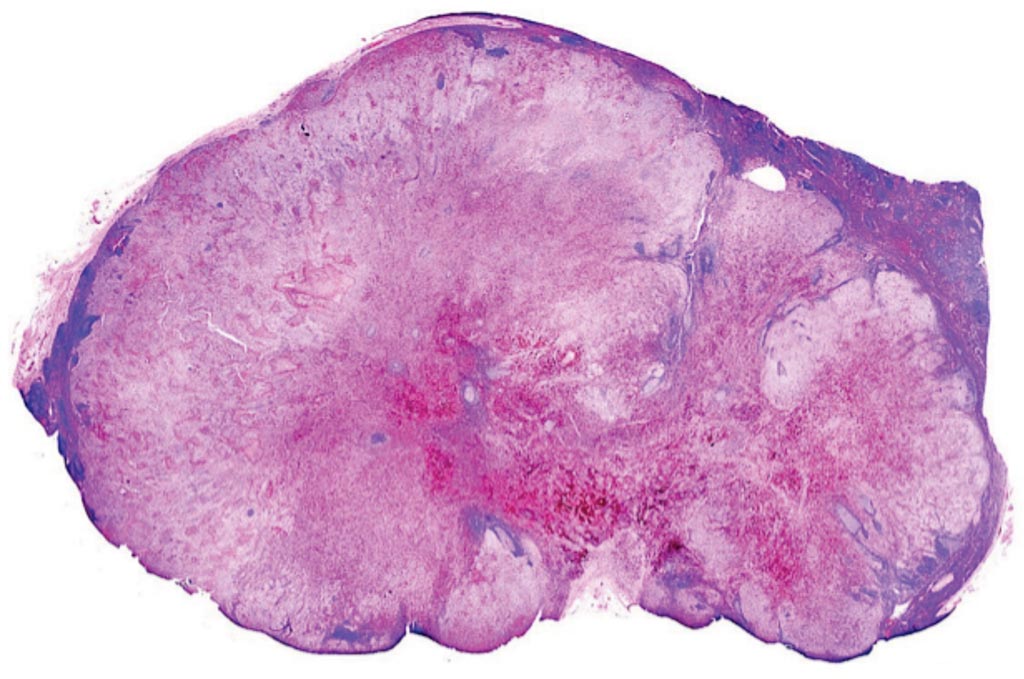
Blood Test Measures Effectiveness of Aggressive Cancer Treatments
Blood tests that track the amount of tumor DNA can, after only one month of drug therapy, detect how well treatment is working in patients with skin cancer. In the USA, more than 7,200 individuals are expected to die from metastatic melanoma in 2019, with BRAF mutations playing a role in nearly half of such diagnoses. More...27 May 2019
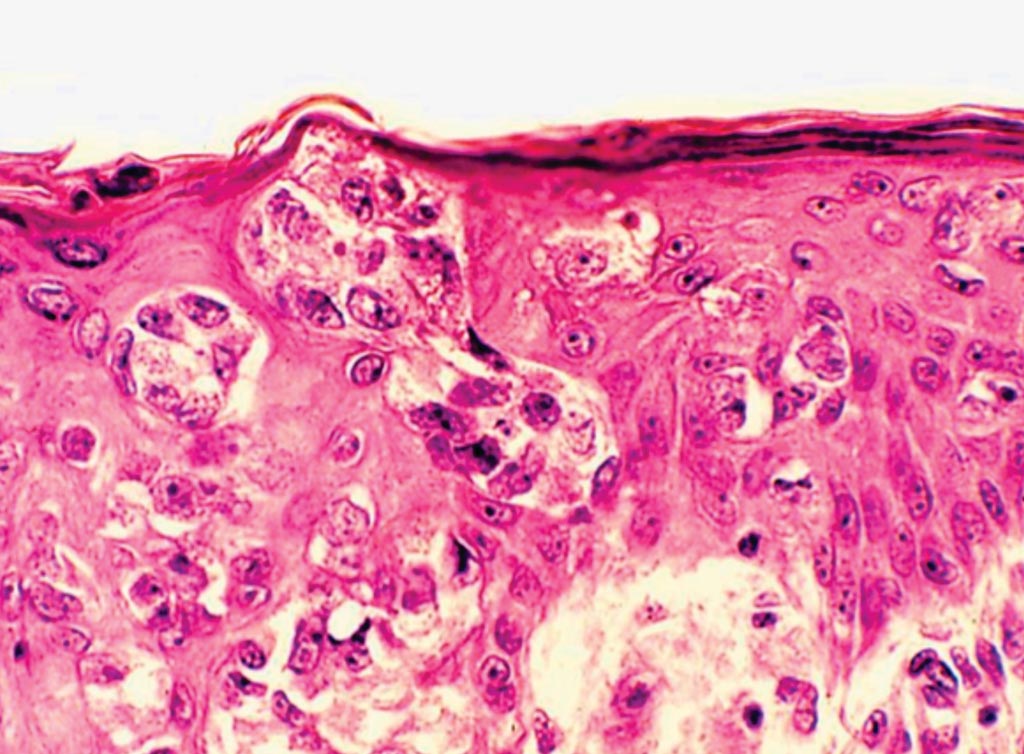
In Other News
Assay Stratifies Esophageal Cancer Patients for Treatment
Protein Panel Accurately Differentiates Forms of Ovarian Tumors
Prostate Cancer Severity Indicated by Location and Concentration of Syntaphilin
Clinical Validation Bolsters Liquid Biopsy Evidence Base
Breast Cancer Test Determines Most Effective Treatment
Biomarker Predicts Appropriate Immunotherapy for Cancer Patients
Oral HPV-DNA Persists after Oropharyngeal Cancer Treatment
Blood Protein Signature Reported for Diabetic Kidney Disease
Personalized Detection of ctDNA Antedates Breast Cancer
Certain Bacteria Strains Associated with Diabetic Wounds
Biomarkers of Oral Cancer Discovered
Multi-Gene Panel Testing Catches Cancer Risk Variants
Suite of Risk Variants Revealed in Hirschsprung's Disease
CRC Gut Microbial Signatures Lead to Diagnostic Tests
Genomic Classifier Test for Lung Disease Validated
Liquid Biopsy Potential Tested with ddPCR Technology
Malignant Pleural Mesothelioma Personalized by ctDNA Profiling
Fecal Microbes Used to Diagnose Liver Cirrhosis
Haptoglobin Expression Linked to Newborn Outcomes
EBV-DNA Measured in Nasopharyngeal Carcinoma Patients
Immune Relationship to Lung Tumor Evolution Characterized
Glioblastoma Driver Mutations Appear Long Before Diagnosis
Adverse Drug Response Risk Gene Identified for IBD
The Pathology channel details advances in the field of Surgical Pathology and all its subspecialties, including Cytopathology and its subspecialties.










